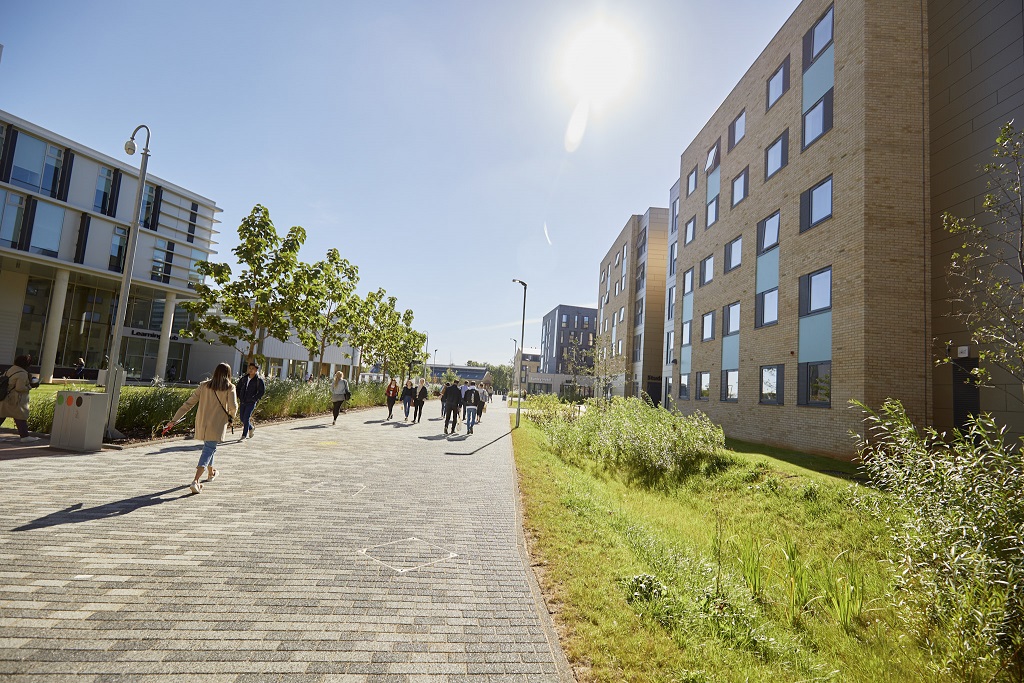
Staff Researcher Development
Welcome to the University of Northampton’s Researcher Development Pathway.
Here you will find a range of resources to support you in developing your career within the University research environment.
In designing these resources, we have tried to think about staff who hold a range of roles at the University, from those who are just starting to consider research, to research leaders and professors, managers of researchers and teams who work alongside researchers. By ‘researchers’ we mean anyone employed by the University who is, or wants to be, involved in research.
You can find out more about each of the research development steps below.
If this is your first visit to this page, go to Further Information to find out more about the research pathway context and underlying principles.
Further information
A range of different teams, faculties and departments have a nominated role to play in delivering researcher development at UON. In 2021 a cross-University consultation was completed with staff* which included an online survey, discussion groups and 1-2-1 conversations.
The design of our researcher development pathway is underpinned by these discussions.
Observations contributors shared with us include:
- Having a strong offering of development for researchers helps to retain staff, build a research community, helps staff to feel invested in;
- There are lots of teams/departments involved in researcher development, leading to lots of opportunity, and based on tremendous effort and support among colleagues. To harness this, there is a need for a single point of access or a researcher development ‘map’ for researchers, who can often feel overwhelmed when considering who to turn to for support;
- Subject Leaders and line managers need clear information on researcher development, and guidance on how to support their staff;
- Researcher development information needs to be tailored to the various different stages people are on in the research journey;
- It is important that colleagues are supported to give and receive in relation to researcher development, creating a further sense of a research community;
- A researcher development offering should be inclusively designed and delivered, with mechanisms for feedback to constantly challenge us to improve.
* Including research centre leaders, Research Leaders, line managers, Subject Leaders, members of the deanery, academic staff completing research degrees, staff new to research and staff in research support roles.
This pathway has been developed on the basis of the following principles, which arose from the cross-University survey.
In offering the pathway, we have tried to:
- support colleagues to feel that they can prioritise and protect time for research development-related activity;
- design research development (RD) opportunities which are integrated into research career progression;
- craft RD opportunities for researchers at all levels of their research career;
- develop managers to support staff research careers;
- review existing channels of communication about RD opportunities;
- ensure transparency in allocation of internal research-related roles and responsibilities.
The pathway has a series of ‘steps’ which, between them, map the researcher journey. Each step covers:
- Some development outcomes: a series of outcomes aligned to each step and benchmarked to University policy and external guidance.
- Supporting you and your line manager: guidance and suggestions for talking about research with your line manager, and example objectives for your Performance and Development Review (PDR)
- Useful development activities: example development activities, mapped to the development outcomes for each step, including links to relevant policy and guidance, resources, suggested development sessions and (coming soon!) case studies of support
- Who’s who: contacts for key people to support your development
- Next steps: a section to support you in moving forward with your development
These sections in each step are designed as a starting point for your development on each stage rather than a tick list of activities (although you might want to use them in this way at first). We hope that in engaging with the pathway, you will meet new people/gain new ideas to help you to target your own development objectives according to your needs.
Vice-Chancellor Professor Anne-Marie Kilday
We want the University of Northampton to be a place where colleagues thrive in their research careers and raise their profiles so that they can engage in global scholarship which is fruitful, enjoyable and of consequence. We recognise that we need to support our colleagues in these endeavours and this framework will be pivotal in enabling us to do that.
Dean of Research, Impact and Innovation Dr Cathy Smith
We want to welcome our colleagues to this new and enhanced researcher development framework that has largely been developed from feedback we have received from an internal staff survey and aligns with the ambitions we have for the University of Northampton. This framework is designed to support colleagues just beginning to think about research as part of their career right through to those who make want to take on research leadership and the wider academic and professional services who support our research here.
We would like these resources to be constantly evolving. The needs of researchers are diverse and regularly changing, and so we have built a feedback survey so that we can capture any gaps and learn from each other as we develop it further. This link is also embedded in the different sections of the pathway for ease of access.
Thanks go to everyone who has contributed to the design of this pathway, and in particular our working group members:
Simone Apel, Paul Bramble, John Horton, Patricia Jeremiah, Hala Mansour, Haley Morris-Cafiero, Michelle Pyer, and Cathy Smith.